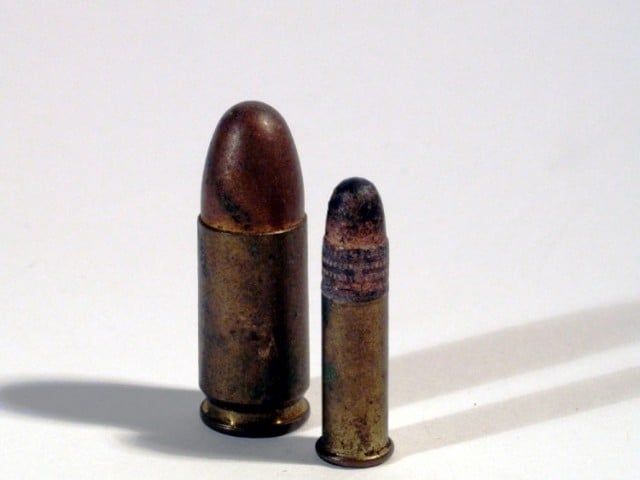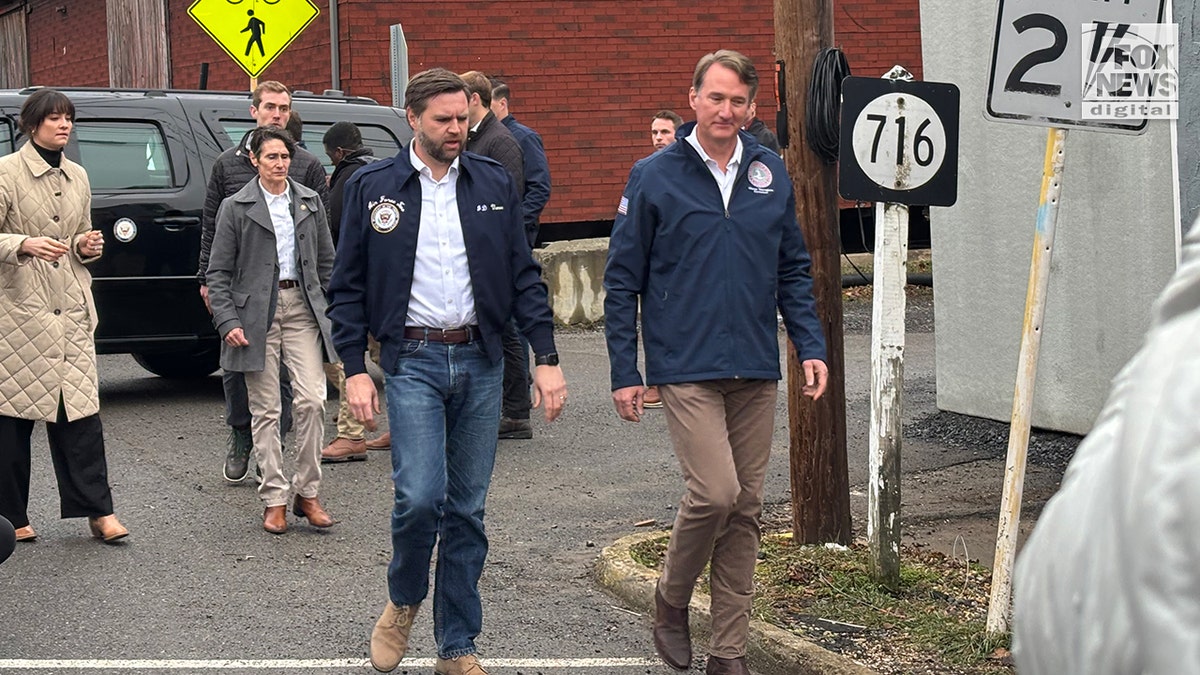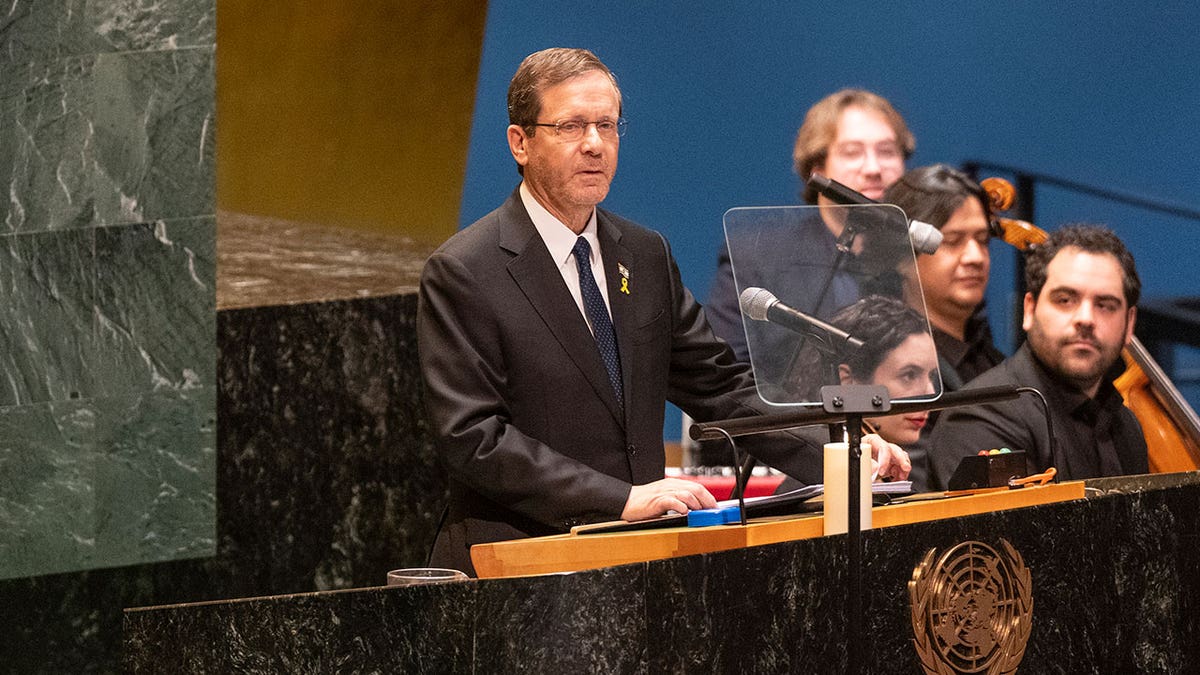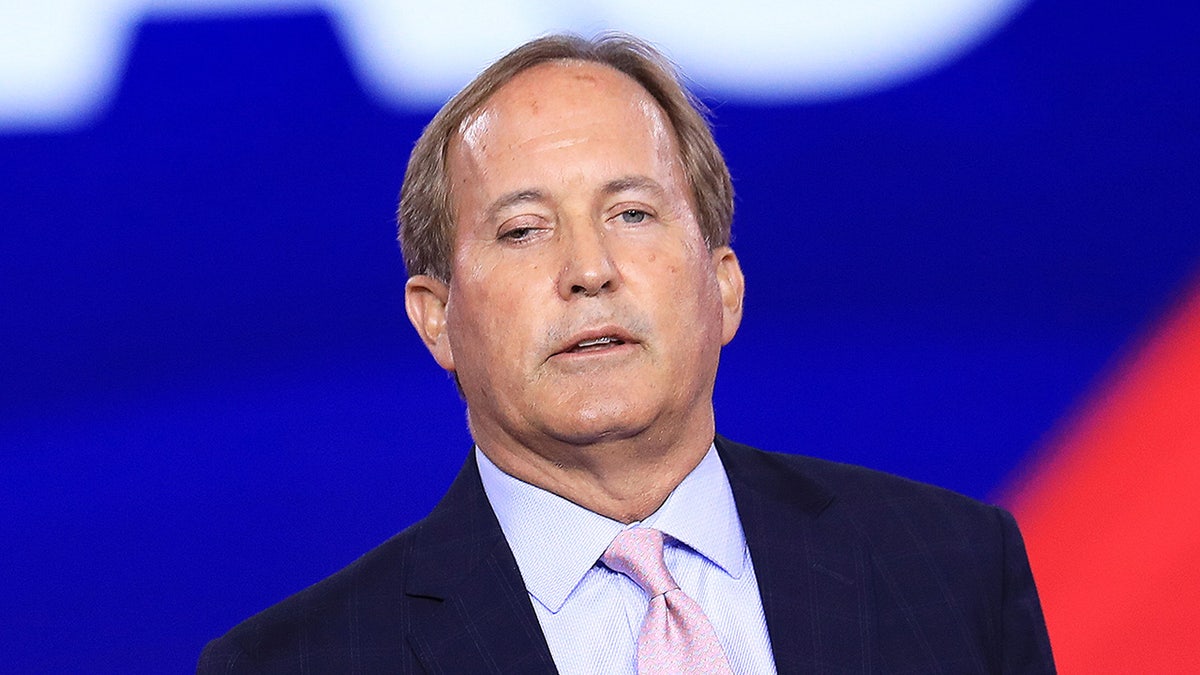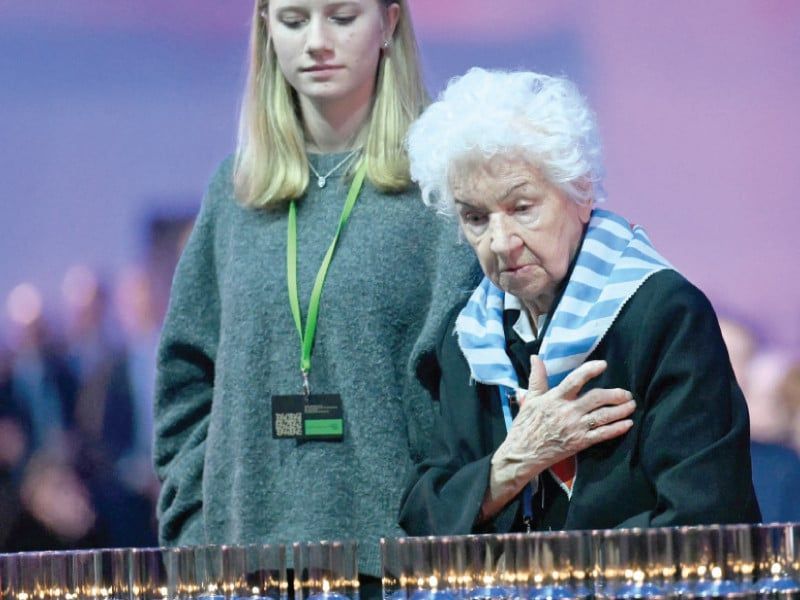Amidst growing controversy surrounding whistleblower allegations and a recent plea deal on tax and gun charges, Hunter Biden's presence at Camp David with his father, President Joe Biden, has drawn significant criticism. The timing of this visit, following explosive testimony from an IRS whistleblower, has fueled public debate and raised questions about potential political implications.
The House Ways and Means Committee recently disclosed a WhatsApp message from 2017, reportedly sent by Hunter Biden to a Chinese business associate, which has become a focal point of the controversy. In the message, Hunter Biden allegedly invoked his father's presence and influence, suggesting potential repercussions for unfulfilled commitments. This revelation adds to existing concerns about Hunter Biden's business dealings and their potential connection to his father's political career.
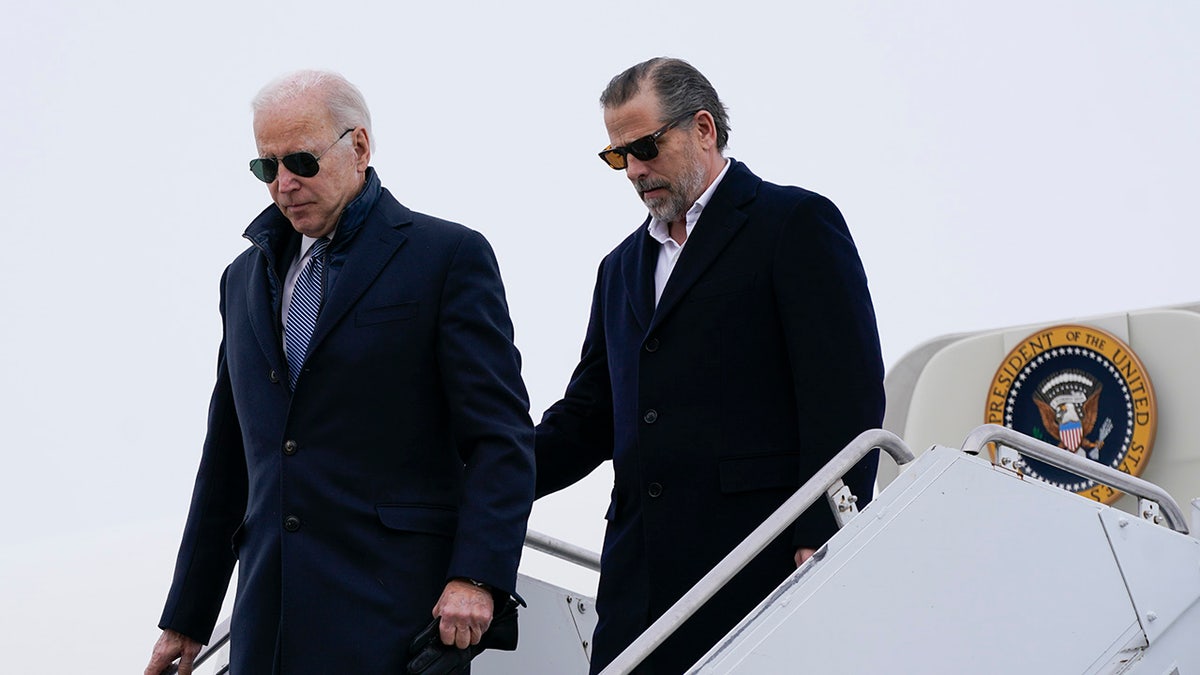
Hunter Biden's trip to Camp David occurred shortly after the whistleblower testimony became public. Critics on social media questioned the purpose of the visit, speculating about private legal consultations and potential damage control strategies. Some commentators also pointed to the juxtaposition of this family retreat with ongoing international events, such as unrest in Russia.
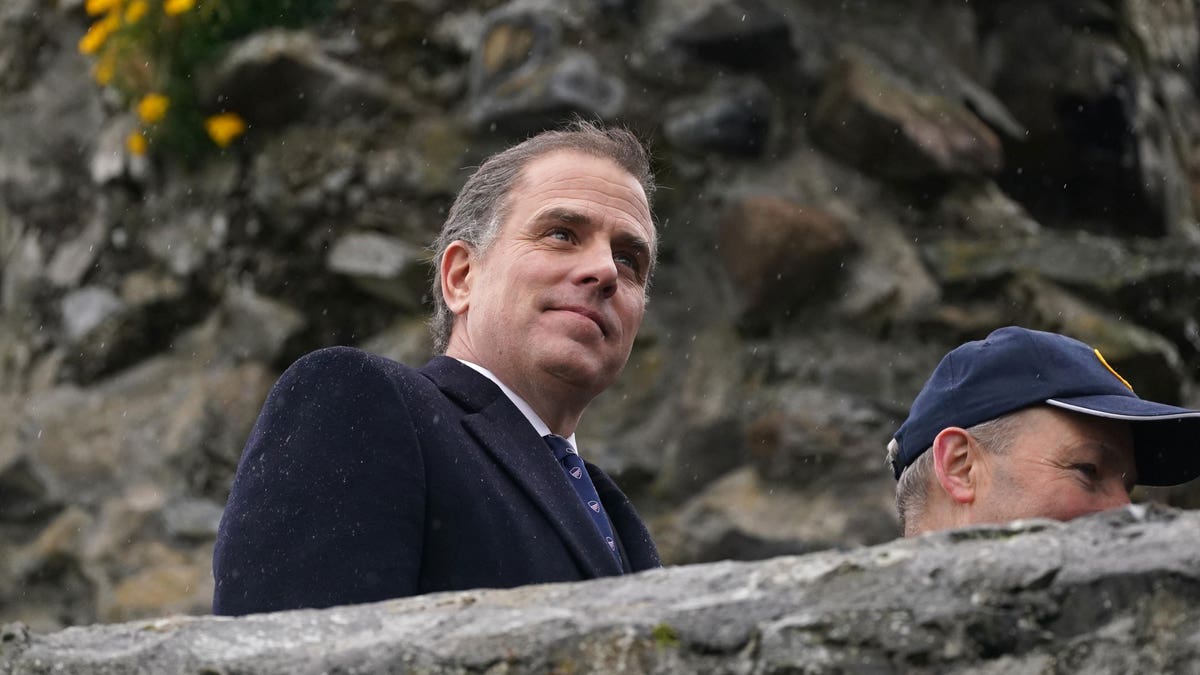
This latest development follows Hunter Biden's recent plea agreement with the Justice Department regarding tax charges and a gun charge. His presence at a White House state dinner prior to the Camp David visit further intensified scrutiny. White House Press Secretary Karine Jean-Pierre declined to comment on the family matters, stating she would not discuss personal family discussions.

The ongoing investigation and surrounding controversies continue to raise questions about potential conflicts of interest and the extent of President Biden's involvement in his son's business affairs. The White House has not issued a formal response to the latest developments.

